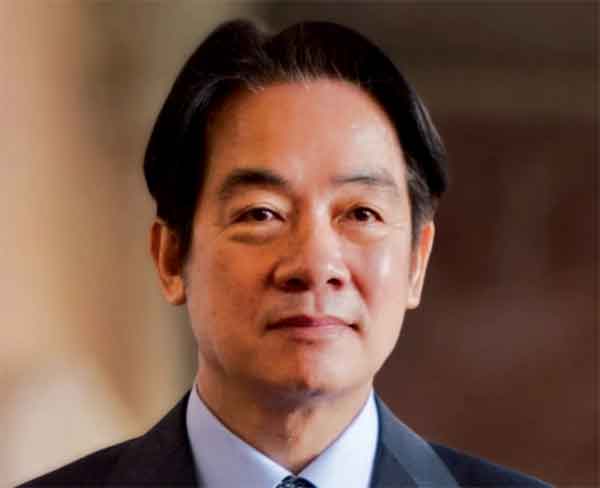TAIPEI — Taiwanese President Lai Ching-te vowed Thursday to “resist annexation”, as China exerts growing military and political pressure on the self-ruled island it claims as part of its territory.
China has not ruled out using force to bring the democratic island under its control, which Lai and his government oppose.
“I will also uphold the commitment to resist annexation or encroachment upon our sovereignty,” Lai said, speaking under grey skies in front of the Presidential Office during Taiwan’s National Day celebrations.
Beijing has ramped up pressure on Taiwan to accept its sovereignty claims and relations have remained tense under Lai, who took office in May.
A senior US administration official said Wednesday that China may use the National Day celebrations “as a pretext” for military exercises.
Lai has been more outspoken than his predecessor Tsai Ing-wen in defending Taiwan’s sovereignty, angering Beijing, which calls him a “separatist”.
Beijing accused Lai on Tuesday of “malicious intent to escalate hostility and confrontation” after he said China was not the “motherland” of Taiwan.
Despite his stance on Taiwan’s sovereignty, Lai was expected to use his first National Day speech to “project predictability and pragmatism”, said Wen-Ti Sung, a nonresident fellow at the Atlantic Council’s Global China Hub.
Foreign guests expected to attend the ceremony included three members of the US Congress, as well as senior officials from some of the 12 states that still have diplomatic relations with Taiwan.
The United States switched diplomatic recognition from Taipei to Beijing in 1979 but has remained Taiwan’s most important partner and its biggest arms supplier.
Washington opposes Taiwan independence and any attempt by China to forcibly take the island.
Thursday’s celebrations mark the 113th anniversary of the toppling of China’s Qing dynasty and the subsequent founding of the Republic of China.
The current dispute between China and Taiwan dates back to a civil war between the nationalist forces of Chiang Kai-shek and Mao Zedong’s communist fighters.
The nationalists fled to Taiwan in 1949 after they were defeated by the communists.
The Republic of China remains Taiwan’s official name.
While Taiwan has its own government, military and currency, China has whittled down the number of countries that recognise the island’s claim to statehood.





